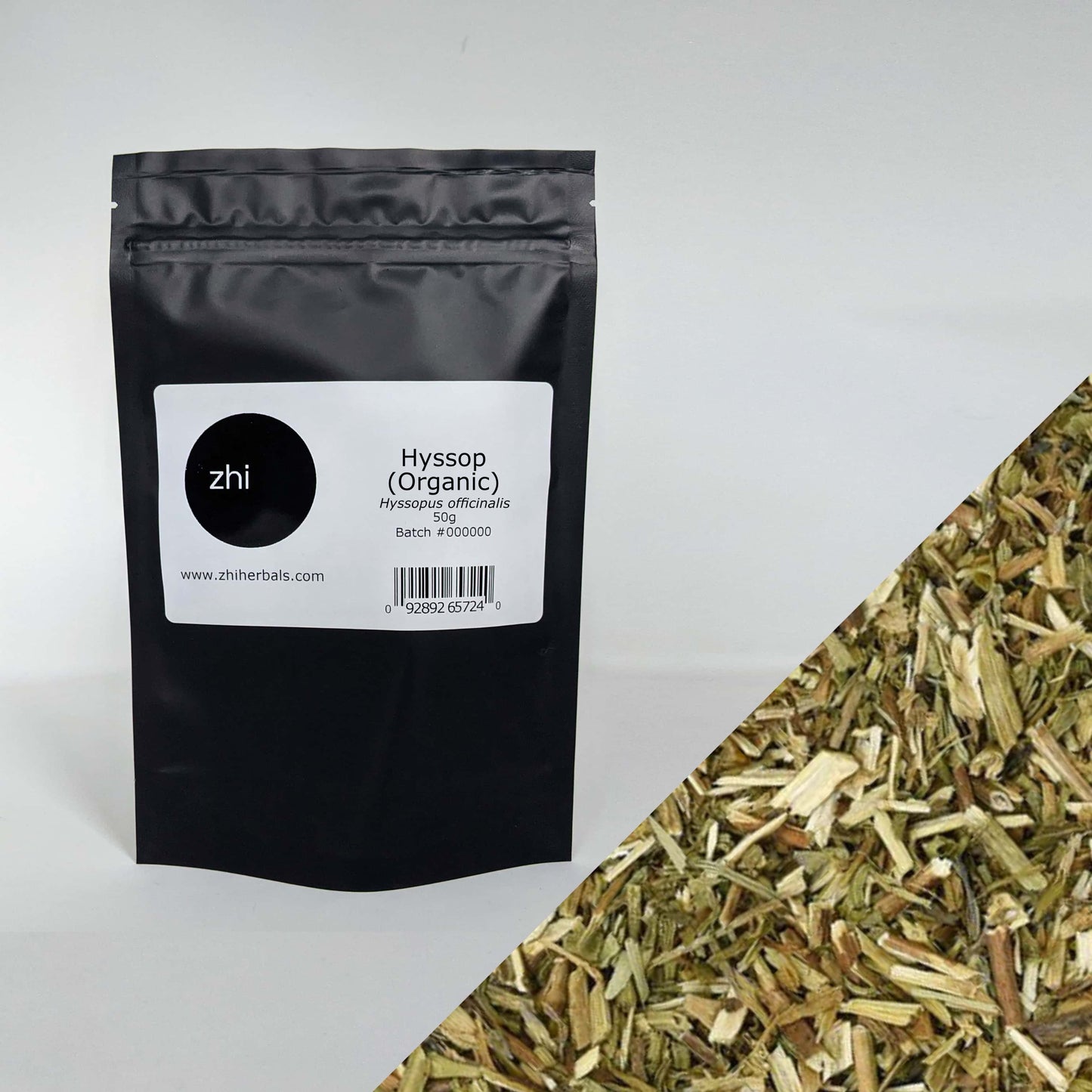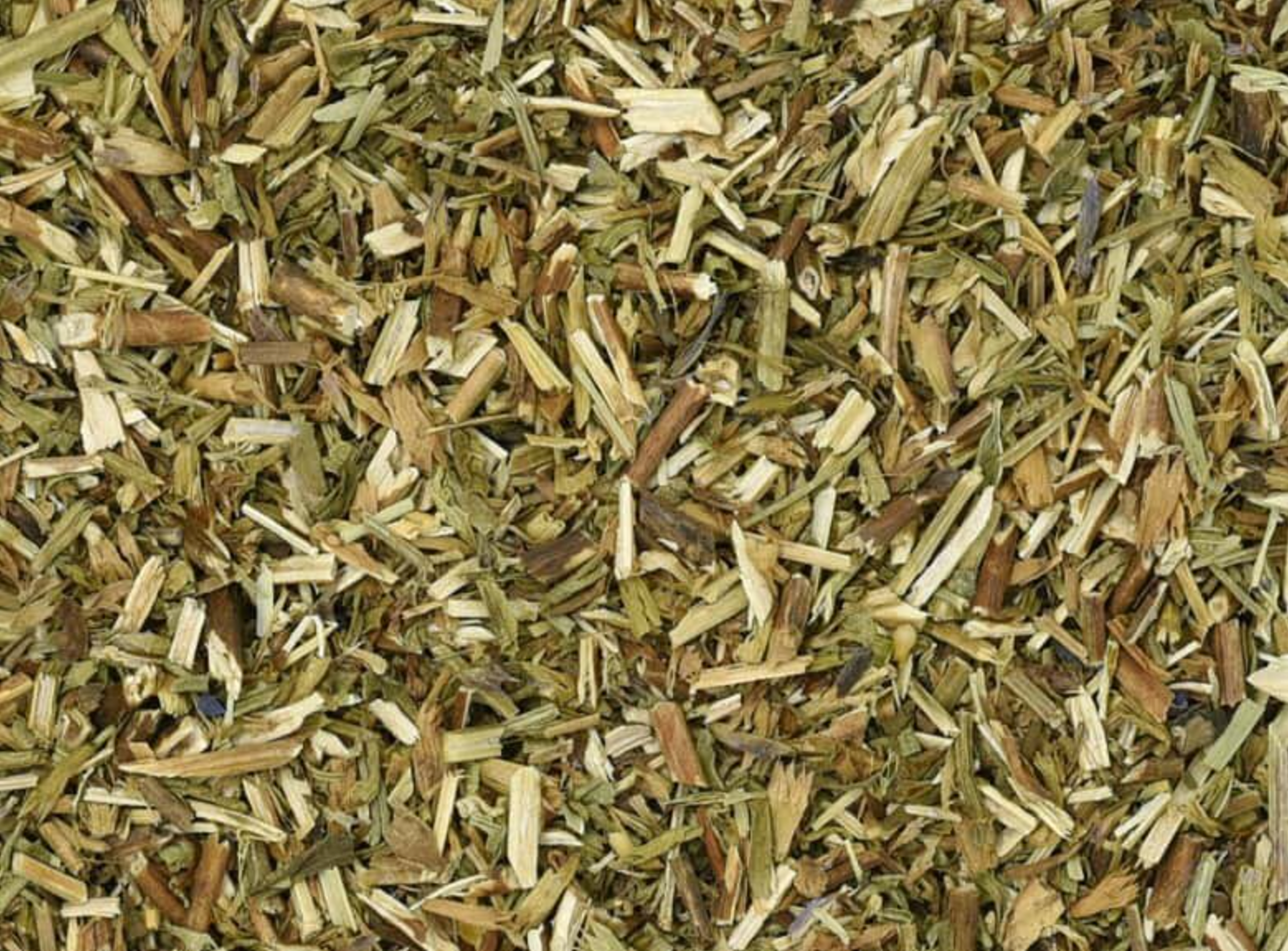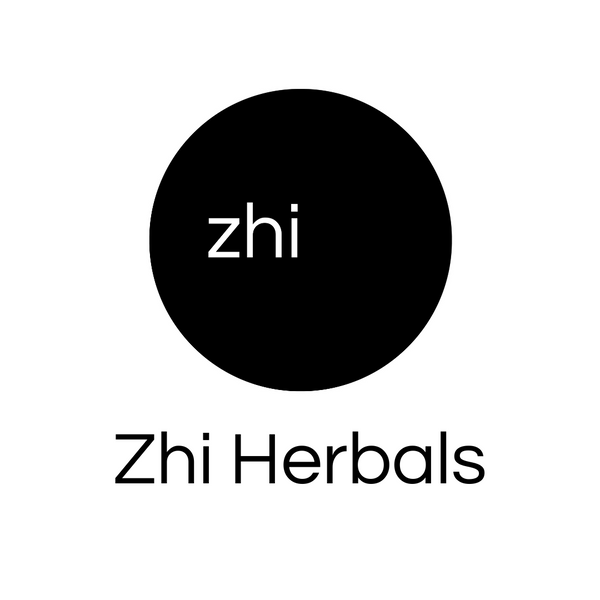Zhi Herbals
Hyssop (Organic)
Hyssop (Organic)
Couldn't load pickup availability
Common Name
Hyssop
Latin Name
Hyssopus officinalis
Origin
Croatia
What Is Hyssop?
Hyssop is a medicinal herb native to southern Europe. It is part of the mint family and has historically been used as both a medicine and a food, as well as for spiritual purposes. Hyssop is often used in herbal medicine to treat a variety of lung conditions.
How to Use Hyssop (Common Uses)
Hyssop can be taken internally as a tea, powder, or extract. Hyssop works well both on its own and when combined with other herbs, especially horehound, thyme, sage, and lemon balm.
Medicinal Uses and Benefits of Hyssop
Most often for its respiratory system benefits. Hyssop is good for reducing the inflammation associated with respiratory infections and helping to remove excess mucus and asthmatic cough. Hyssop helps to draw mucus from the lungs, and is commonly used for coughs, colds, sore throats, and pneumonia. It is especially indicated for lung conditions where a damp cough is present. You can find hyssop as an ingredient in our Lung Revitalizing Tea.
Hyssop has antiviral and antibacterial effects when used both topically and internally.
Hyssop may help induce sweating during a fever.
For the digestive system, hyssop is gently relaxing, toning, and can be effective at reducing gas and when used as a digestive.
In larger quantities, hyssop can help to encourage a delayed menstrual cycle.
Hyssop has been used as a flavoring herb for many foods, such as pudding, candy, and liqueur such as Chartreuse and Benedictine.
Active Constituents in Hyssop
Pinocamphone, alpha and beta-pinene, linalool, cineole, limonene, marrubiin, olanolic acid, ursolic acid, flavonoids, hyssopin glycosides, tannins, resin.
Notable Facts About Hyssop
Hyssop has been mentioned in the bible as an herb used for cleansing holy places.
The Hebrew word for hyssop translates to “holy herb”.
Hyssop has been historically used as protection from witches and the evil eye, as well as being planted on graves to protect the dead from the living.
The essential oils found in hyssop act as an insect repellant.
Share


I ordered more than 15 herbs and received everything really fast. All the herbs smell very fresh. The quality is over the top. Love every single one of them.


